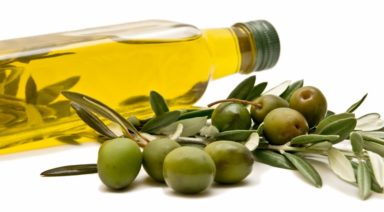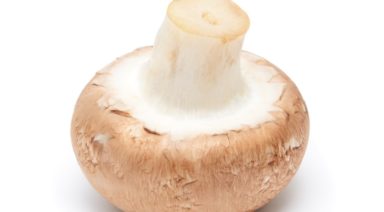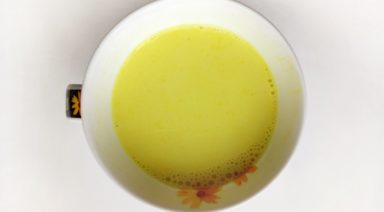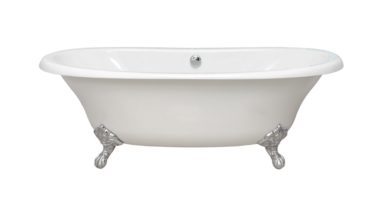Healthy Benefits of Olive Oil
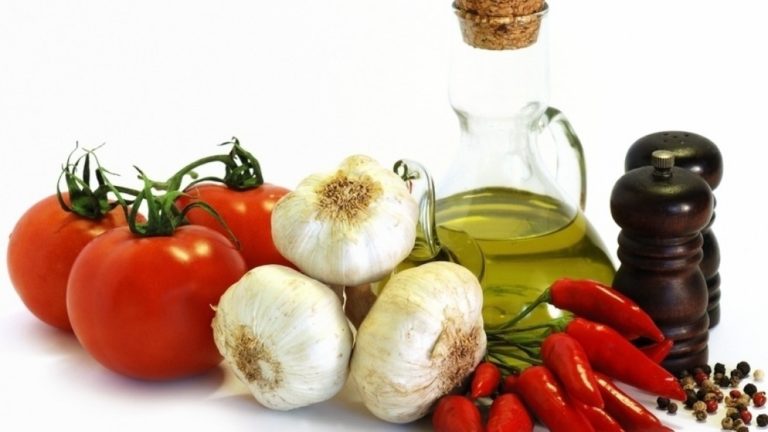
Recognized for its’ abundant health benefits, olive oil is being chosen by many consumers as a preferred form of fat in diets and is being recommended by nutritionists and health professionals as one of the best alternative oils to traditional fats and oils. Olive oil has great diversity in how it can be used as an ingredient in recipes and as a food-enhancer.
Olive trees originated in Asia, but are more commonly know as an agricultural product in Mediterranean countries. Olive oil comes from the process of pitting, grinding, and pressing of the olive fruit.
In countries where olive is most highly consumed – Italy, Greece, and Spain, the incidences of cardiovascular disease is low and this is attributed the health benefits olive oil provides. One tablespoon of olive oil contains 120 calories and 14 grams of fat. However, the fat in olive oil is primarily monounsaturated which, when consumed can help reduce blood cholesterol levels leading to improved cardiovascular function.
Other Health Benefits of Olive Oil:
-
Olive oil is beneficial as an antioxidant since it contains high levels of vitamin E.
-
When consumed, olive oil promotes digestion, stimulates metabolism, and lubricates mucous membranes (olive oil contains vegetable mucilage that helps protect the gastrointestinal tract).
-
Olive oil can aid in relieving constipation. Consuming 1 teaspoon of olive oil with lemon juice (preferably on an empty stomach) can promote proper bowel movements.
-
Olive oil for skin therapy. Olive oil can be added to dry skin acting like a moisturizer and can also be applied to nails to increase nail strength and to promote healthy cuticles.
How to Choose Olive Oil:
-
Explore how you can replace butter, margarine, and low quality vegetable oils in your cooking especially in preparing salads, sautéed dishes, and sauces.
-
Purchase olive oil that is labeled as“extra virgin”, which insures that the oil has been cold pressed. Cold pressed olive oil has been produced with freshly harvested olives and has gone through less processing and has not been degraded with heating or chemicals.
-
A good quality olive oil will be golden yellow in color versus lower quality olive oils that are light green in color.
-
Note: olive oil will congeal (form as a solid) in the refrigerator, but remains a liquid at room temperature.
When used in moderation, olive oil is a nutritious fat that promotes a great deal of health benefits. Like wines, olive oils will have differences in flavor depending on the region and producer of the oils. Olive oils can also be infused with herbs, garlic, peppers and other flavorful ingredients to add extra excitement to your dishes.
Now is the Time for an Ayurvedic Spring Cleanse

Spring has been shown to be the best time for a cleanse, which may just be the best action you can take for your health today. The ancient science of Ayurveda provides a safe, evidence-based, and comprehensive way to do it.
Cleansing, or detoxing the body, has been a key practice throughout the 5,000 years of Ayurveda’s history as a system of natural healing. Now, research explains the impressive results of the Ayurvedic cleanse.
Dr. John Douillard is a leading Ayurvedic practitioner who has been incorporating Ayurvedic detox programs in his practice for decades. He explains that poor digestion is at the core of the need for detoxification.
“I think most people don’t realize that our ability to digest well is directly linked to our ability to detoxify well,” Doulliard said. “In one survey, [it was] reported that 74 percent of the American population have a digestive imbalance of some kind, suggesting that not only are we not getting the nutrition that we need, but we’re also not getting the waste out as efficiently as we could — and there are waste, toxins, and pollutants everywhere. So, even if you eat really clean, which is obviously a really important thing, you’re still being exposed to toxicity, which means that you have to be able to digest well to detoxify that. That’s why Ayurveda is all about making sure with every change of the season, we do our best to reset — a deep rejuvenation to repair the digestion and detox organs and pathways. They’re actually creating a whole new population of bugs in your gut that are based on this year’s model, which gives you the stability and immunity for the entire year.”
Given these compelling reasons, what are the best indicators to notice if it’s time for you to do a cleanse?
“How is your digestion? Do you have a food intolerance? When you look at your tongue in the morning, if it’s white or coated, Ayurveda calls it ‘ama’ or undigested food. When you’re toxic, you’re tired, and not getting the energy from the lymph delivery of fat — your immune system is compromised and you can’t take the trash out, so it starts coming out through your skin. This gives you brain fog, headaches, rashes, indigestion; all these things begin to happen,” Douillard said.




